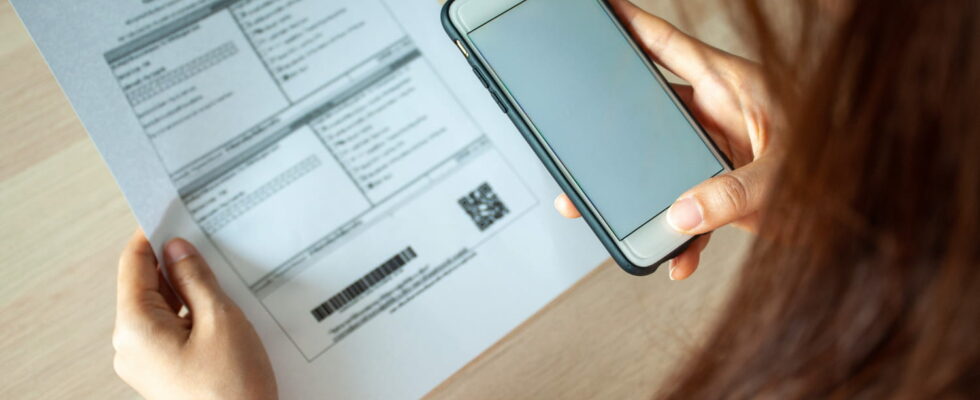This tax can add up to a certain amount when you buy your phone, whether new or refurbished.
A new smartphone can quickly get expensive. The most recent and advanced models far exceed the amount of a minimum wage in France and some devices can even reach 2000 euros when you add a few options concerning storage or RAM. This is why many French people are turning to simpler and more affordable devices. However, when we compare the price of a device sold in France with its price on American soil, we quickly notice a fairly big difference as a smartphone costs more here.
At issue: the various European and French taxes that can affect an imported product. However, these taxes do not only have bad sides since they encourage consumers to buy from brands domiciled in France or with stores physically present in the country. However, there is a tax that many smartphone owners are unaware of and which concerns a service that very few people use.
Called “private royalty tax”, the latter is not really a tax in reality, but a remuneration offered to authors, publishers, artists and music producers. It is collected from manufacturers of storage devices such as USB keys, external hard drives and… smartphones. Its principle: take part of the price of your device to donate it to the artists in order to counterbalance the fact of being able to store music on your product.
Concretely, since your phone is capable of storing MP3 files, it is subject to private royalty and its purchase is accompanied by a portion donated to the artists. However, and according to several studies carried out in France, very few smartphone owners still store music locally on their device. The vast majority now take advantage of video or music streaming applications and sites like YouTube or Spotify to listen to music. A solution often considered faster and more practical, and which only requires a few seconds to find your favorite music.
Downloading and storing MP3 files generally takes longer to set up and is often illegal if you don’t go through an official distributor and pay the download rights. The subject of the tax on private royalties has regularly come up in public debate as well as in government. Several players in the field have already tried to put an end to it by designating it as “useless” or “stupid”. It still represents a little more than 10 euros on the total price of purchasing a smartphone.
The icing on the cake: this tax is valid on new smartphones, but also on refurbished ones which have already been subject to this same tax during their first sale as new devices! You are therefore paying twice the same remuneration for a service which you probably do not even use.

